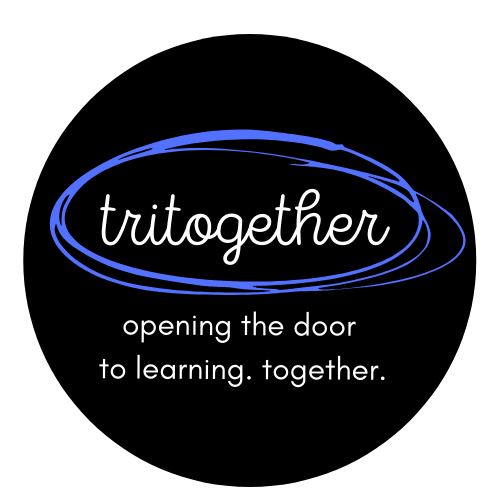Do you sort of want our help?
TriTogether’s student “recruitment” process has changed a lot over the past few years, and this year is our biggest leap yet. One major change is that we’re no longer reaching out exclusively through foster care social workers. This summer, we have expanded our efforts to include school districts, nonprofit organizations serving foster youth, and other advocates of children in foster care. To be honest, we’re still figuring out which approach will work best. I hate to admit it, but we’re basically throwing spaghetti at the wall to see what sticks.
We are dedicated to our mission of helping kids in foster care get the academic support they need. At the heart of this is finding students that both need and want (sort of) our help.
Every organization and social worker we talk to immediately says, “Wait… you’re free?!” and validates why what we do matters, but it’s not as if the students are knocking down our door.
Watching matches with committed tutors fade after a few months is always tough. Over time, it has become clear that having a motivated adult sponsor isn’t always enough to get the student to attend a video call after school. After a lot of reflecting, I came to the conclusion that the student doesn’t have to be “committed”, but they do need to be “in.” Please understand, I’m not asking students to have us top-of-mind—they have enough going on. We won’t be their first priority or even near the top of the list. They might not even want the help. That’s fine. I get it.
So, what do we need from them? They need to be willing to contribute. They need to at least (sort of) want our help.
Upon enrolling in TriTogether, students agree to a set of policies, one of which is giving notice for a canceled session. We have always been very lenient with our cancellation policy because, like I’ve said—and will say again and again—our students have enough going on. But, I’m realizing that in doing so, we’re doing everyone a disservice. If we don’t hold students to expectations, we essentially erase those expectations. When we let students skip sessions without consequences, we’re communicating that it’s okay that the session wasn’t that important to them—and that their attendance wasn’t that important to us! And it certainly is.
Beyond new forms of outreach, I’ve also started conducting student “interviews” this year. I hop on a call with the student and their adult sponsor, and we just talk. I learn what they need help with, their availability, their learning style, and more. Most importantly, I try to figure out whether they want our help… at least sort of.
These calls give me a unique glimpse into why students come to us, help me better understand the population we serve, and make clear that the students we work with need to care about us (a little) because we care about them (a lot).
This time next year, we might look back and see that these changes didn’t pan out. So far, the spaghetti has stuck to the wall—let’s see how long it holds.
– Hannah
